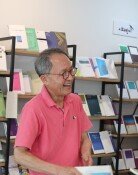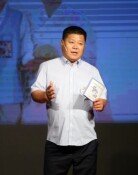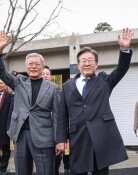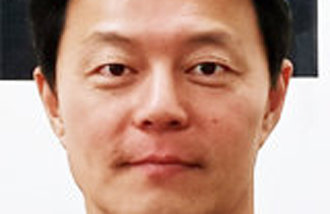OTC Medication
Koreans often ask those who travel overseas to buy them medicine. Popular medicines include digestive aids and ointment for skin trouble, and can easily be purchased in the U.S. and Europe at grocery or convenient stores. In contrast, Koreans have difficulty buying medicines since pharmacies are concentrated nearby hospitals and close at night.
Many other countries allow retail stores to sell non-prescription drugs if the drugs safety has been confirmed by their respective governments. In the U.S., these drugs are called OTC (over the counter) medication. In Korea, however, only certain items needed for first aid can be sold at retail stores. Common medical supplies including medicine for cold and digestive problems are also not available outside drug stores. Even tonic medicine can be handled only by pharmacies, which are holding on their vested interests. Due to their greed to maximize their profits, the general public suffers major inconvenience.
In June last year, Japan allowed retail stores to sell cold medicine, digestive aids and vitamin supplements in addition to 400 other medical items. After dividing common medical supplies into three classes, Tokyo permitted retailers to sell medicines in second and third classes under the condition that retailers get government permission. To get such permission, a retailer needs more than one year of experience in medicine and must pass an exam. Under such a compromise, Japan has reduced opposition from pharmacists. Korea can do the same.
Since last year, the Korean government has sought to allow retail stores to sell common medical supplies. No progress has been made, however, due to opposition from stakeholders. Even a public hearing organized by the state-run Korea Development Institute was scrapped due to opposition from pharmacists. In a meeting with senior journalists yesterday, Strategy and Finance Minster Yoon Jeung-hyun stressed the importance of nurturing the domestic service industry to create jobs. As one measure to that end, he proposed allowing retailers to handle medicines. What is needed to do so is a shift in thinking, not money. The service sector can create many jobs if regulations are lifted.
Editorial Writer Park Yeong-kyun (parkyk@donga.com)







